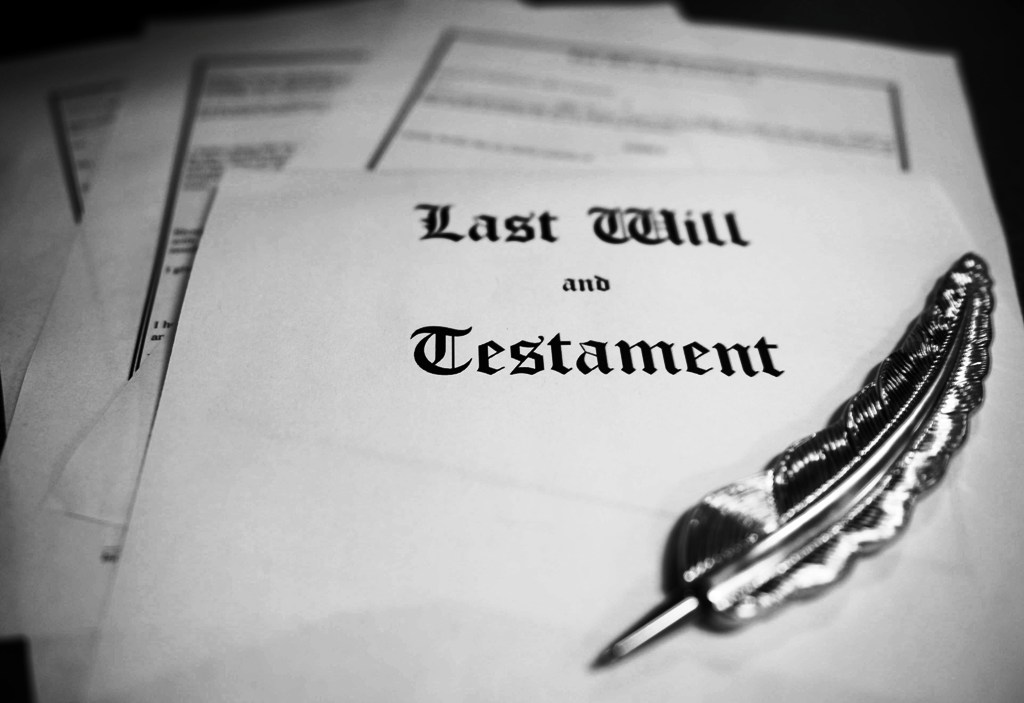A will allows you to dispose of your assets during your lifetime to a beneficiary of your choice. When a person dies, the question of his inheritance arises: what happens to his assets and who inherits?
It all depends because there are different cases:
– legal transmission: when no provision has been made by the deceased (inheritance succession);
– voluntary transmission: the will, the donation, various contracts such as life insurance.
Will: anticipating one’s succession
Therefore, the main interest of a will is to be able to favor one or another close relative by a personal act, while respecting the law and in particular the hereditary reserve.
Note: a will also has the advantage of being able to be revoked, in part or in whole, by the testator, the legacy taking effect only upon his death.
Why make a will?
A will is a written document in which a person of full age decides how his or her life will be organized and specifies his or her wishes for the period following his or her death.
From then on, it is possible for the testator:
– to organize the distribution of his assets and to designate his beneficiaries (his spouse, his partner, his cohabitee, a child or a friend), everything is within the limit authorized by law (what is called the available share);
– to appoint one or more executors, who will be responsible for ensuring that his last wishes are carried out upon his death;
– to deal with more personal matters, apart from any patrimonial considerations: for example, to appoint the person who will be responsible for the care and education of his children in the event of his death; to organize his funeral; to bequeath his body to science, if necessary, etc.
The authentic will
An authentic will is the safest way to pass on your assets and ensure that your last wishes are honored. The testator dictates all his wishes and instructions to the notary in the presence of two witnesses. After reading the written will, all those present signs it.
The authentic will, which is a document with probative value because it is drawn up by a public official, is the effective means of ensuring that the forms required by law are complied with. In practical terms, this means that the validity of the will can thus only very rarely be called into question.
Other forms of will
The mystical will is rarely used but it has the advantage of being kept as a secret. In practice, the testator gives it to his notary in a sealed envelope in the presence of two witnesses. He is the only one who knows its contents.
However, the notary cannot verify its legal effectiveness: this is the major disadvantage of this form of will, of which one must be aware.
The holograph will is the most common form of will. However, it often gives rise to contestation or even annulment because it is not drawn upon the advice of a notary. In spite of the many disputes generated by it being challenged, the holographic will has the advantage of being inexpensive, and therefore easy to set up.
This post will now continue in part 2 to cover:
– Will: instructions for use
– A will with or without a notary?
– Will: the consistency of the legacy
– Freedom to make a will: 2 limits
Should you be looking for a professional law firm in Springvale, Felix A Vitiello is the place to call.



Pingback: Will: Anticipating Your Succession (Part 2) | Law blog online
Pingback: Surviving Spouse: Know Your Rights | Law blog online
Pingback: How to Open an Estate | Law blog online